Cannabinoids CBD and THC Therapy in Cancer Care
Learn everything you need to know about Cannabinoids CBD and THC Therapy in Cancer Care in this article.
Estimated reading time: 9 minutes
- Cannabinoids (CBD and THC) in Oncology Treatment
- Understanding Cannabinoids and Their Mechanism in Cancer Treatment
- Clinical Evidence Supporting Cannabinoids in Oncology
- The Versatile World of Cannabinoids: Beyond Just Pain Relief
- Cannabis in Oncology Through the Ages
- Medical vs. Recreational Cannabis: The Essential Distinction
- The details of Cannabinoid Pharmacology
- CBD and THC bridging Symptom Relief and Potential Disease Therapy
- Integrating Cannabinoid Therapy in Cancer Care
- The Future of Cannabinoids in Cancer Treatment
- The Real CBD for cancer care
- Conclusion
- FAQ – CBD and THC in oncology therapy
- The Real CBD – Cannabinoids for Cancer care
Cannabinoids (CBD and THC) in Oncology Treatment
In the realm of oncology treatment, advancements and research are continually evolving. To offer better, more effective solutions for patients battling cancer. Among these developments, the role of cannabinoids, compounds derived from the Cannabis sativa plant, has emerged as a significant area of interest. This article delves into the intricate relationship between cannabinoids and cancer treatment. Providing a detailed exploration of the potential benefits, mechanisms of action, and future directions of cannabinoids in oncology.
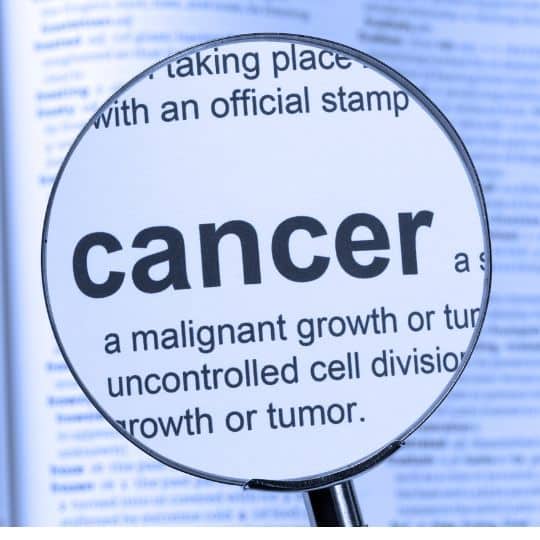
Understanding Cannabinoids and Their Mechanism in Cancer Treatment
Cannabinoids are a group of compounds found in the Cannabis sativa and Cannabis indica plant. With tetrahydrocannabinol (THC), cannabigerol (CBG) and cannabidiol (CBD) being the most well-known. These compounds interact with the body's endocannabinoid system. This is a network of receptors that play a role in regulating various physiological processes, including pain, mood, and appetite. In the context of cancer treatment, cannabinoids have been found to exhibit several beneficial effects. Such as pain relief, nausea reduction, and appetite stimulation.
Beyond symptomatic relief, research suggests that cannabinoids may also possess anti-cancer properties. Studies have shown that cannabinoids can inhibit tumour growth. Promote cancer cell death (apoptosis), and prevent the spread of cancer cells (metastasis). These effects are thought to be mediated through the activation of cannabinoid receptors. This can influence various signalling pathways involved in cell proliferation and survival.
Clinical Evidence Supporting Cannabinoids in Oncology
Numerous studies and trials have supported the clinical application of cannabinoids CBD, THC, and CBG in oncology. For example, researchers have well-documented the use of cannabinoid-based medications like nabilone and dronabinol for managing chemotherapy-induced nausea and vomiting. Both approved by regulatory agencies in several countries. Furthermore, emerging evidence suggests that cannabinoids, particularly CBD, may enhance the efficacy of traditional chemotherapy agents. Offering a synergistic approach to cancer treatment.
However, it is crucial to underscore that while the potential of cannabinoids in cancer treatment is promising, the field is still in its infancy. Clinical trials and research are ongoing to better understand the optimal use, dosing, and combination of cannabinoids with conventional cancer therapies.
Challenges and Considerations in Cannabinoid Therapy
Despite the potential benefits, the use of cannabinoids in oncology treatment presents several challenges. One of the primary concerns is the legal and regulatory status of cannabis and its derivatives. This varies widely across jurisdictions. This legal landscape can complicate access to cannabinoid-based treatments and hinder research efforts.
Additionally, there is a need for standardized dosing guidelines and formulations to ensure patient safety and treatment efficacy. The psychoactive effects of certain cannabinoids, such as THC, also necessitate careful consideration and monitoring to minimize adverse effects.
The Versatile World of Cannabinoids: Beyond Just Pain Relief
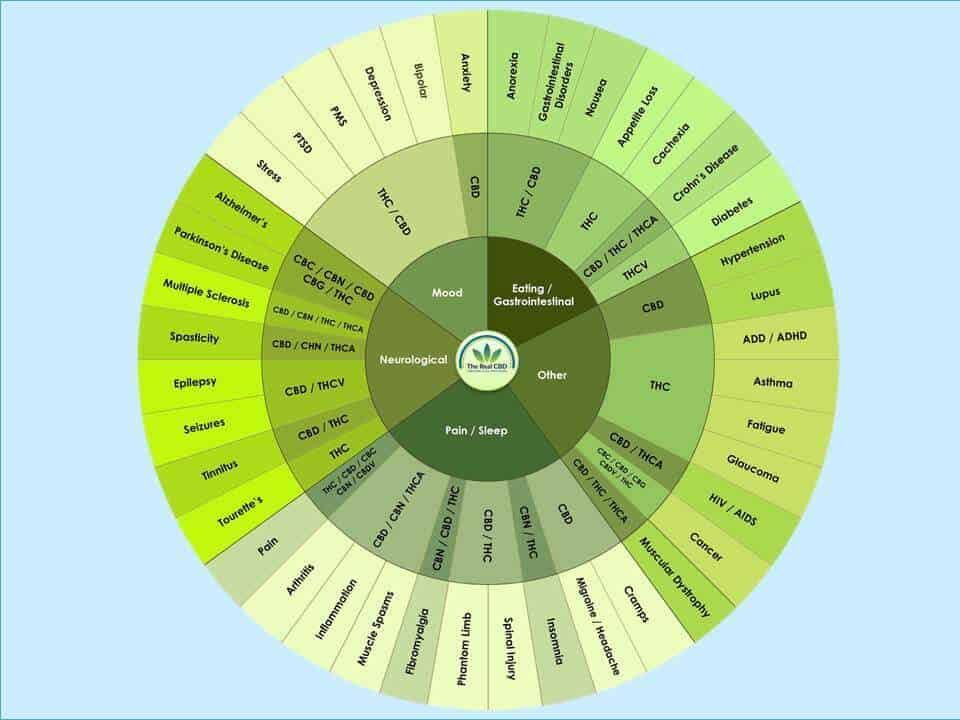
Cannabinoids boast a unique interaction with the body's cannabinoid receptors. Weaving through various biological channels, even hinting at connections with opioid receptors. This broad spectrum of interaction is key to their ability to manage a range of symptoms from pain and nausea. Often induced by chemotherapy, to loss of appetite, and more. The therapeutic canvas of cannabinoids is vast, featuring FDA and FSA-approved drugs like nabilone and dronabinol. As well as plant-based extracts and edibles enriched with cannabis essence.
For those battling cancer, the promise of cannabinoids extends to an enhanced quality of life. By addressing a spectrum of symptoms, these therapies pave the way for reduced reliance on multiple medications. Their potential to be used alone or alongside traditional cancer treatments could significantly improve patient adherence and treatment efficacy.
Cannabis in Oncology Through the Ages
The transformation of the Cannabis plant from an ancient healer to a modern-day medicinal ally underscores its timeless value in promoting health. The discovery of cannabinoid receptors and the endocannabinoid system has catapulted cannabis research into the sphere of serious therapeutic inquiry. Promising a shift from mere symptom management to potential disease modification.
More about CBD and cannabinoids
Medical vs. Recreational Cannabis: The Essential Distinction
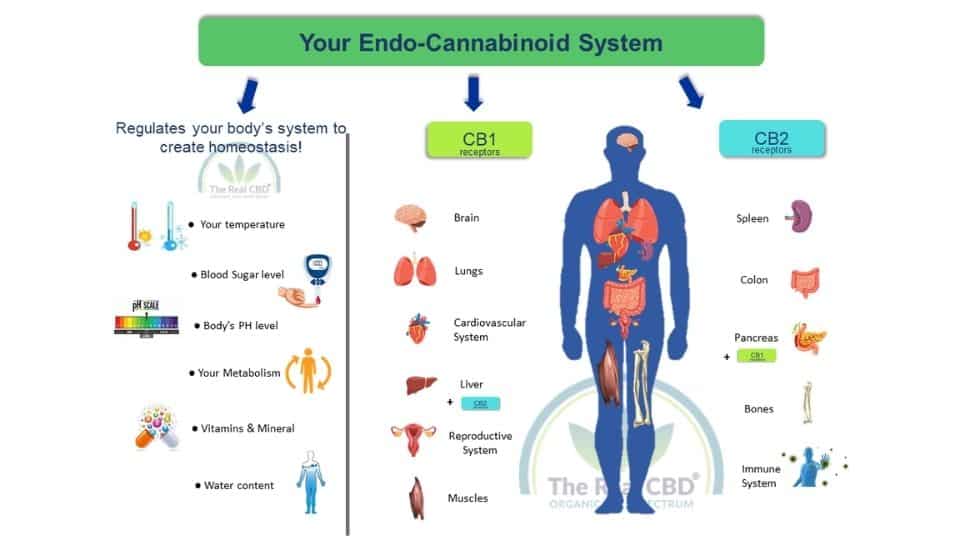
The growing acceptance of medical cannabis has underscored the necessity of differentiating it from its recreational counterpart. In the world of medical cannabis, growers carefully cultivate and customise cannabinoid profiles to address individual patient requirements. This stands in sharp contrast to recreational strains, which people typically seek out for their psychoactive effects.
The Endocannabinoid System: Core to Human Health
The endocannabinoid system, a pervasive entity within the human body, is foundational in maintaining balance. Its receptors, outnumbering those of opioids, are crucial in mediating cannabinoids' health effects. The system's deep involvement in both health and disease highlights the potential benefits of modulating its functions.
The details of Cannabinoid Pharmacology
The pharmacological landscape of cannabinoids, derived from the Cannabis plant, is as intricate as it is extensive. This complexity is not just in their diverse chemical makeup; but also in how they interact with the body's metabolic pathways and various administration routes. Understanding the nuanced pharmacological profiles of each cannabinoid therapy is crucial. Because it can significantly influence the efficacy of patient treatment, affecting everything from absorption rates to potential side effects and therapeutic outcomes.
CBD and THC bridging Symptom Relief and Potential Disease Therapy
In the oncology sphere, cannabinoids have been identified for their role in symptom management. Emerging potential in direct cancer treatment. Despite promising early findings on their anti-cancer properties; their clinical application in cancer therapy is an area ripe for further exploration. Careful patient assessment and strategic therapy choices remain crucial in harnessing their therapeutic promise.

Integrating Cannabinoid Therapy in Cancer Care
The embrace of CBD and THC therapy by both the medical community and patients. This heralds a new phase in oncology and palliative care, promising improved outcomes and safety. The ongoing evolution of clinical research and the widening acceptance of medical cannabis usage; are key drivers in shaping the future of cancer care.
The journey of cannabinoid therapy within the realm of oncology is characterized by its rich historical roots. Its complex pharmacology, and a horizon brimming with therapeutic potential. As the landscape of research and clinical practice continues to evolve, cannabinoids stand ready to carve out novel pathways for hope and healing in cancer treatment, ushering in an era of comprehensive, patient-focused care strategies.
The Future of Cannabinoids in Cancer Treatment
The future of cannabinoids in oncology is promising, with ongoing research aimed at uncovering new therapeutic targets and optimizing treatment protocols. Advances in genetic and molecular profiling of cancers may enable the development of personalized cannabinoid therapies, tailored to the specific needs and genetic makeup of individual patients.
Moreover, the growing acceptance and legalization of cannabis for medicinal purposes worldwide are likely to facilitate further research and clinical trials, expanding our understanding of the potential role of cannabinoids in cancer treatment.
The Real CBD for cancer care
At The Real CBD, our compassionate team of medicinal cannabis experts is dedicated to supporting cancer patients on their journey towards wellness. With a deep understanding of the healing properties of cannabinoids like CBD, CBG, and THC, our experts provide personalized guidance and advice tailored to each individual's needs.
Whether it's managing symptoms such as pain, nausea, or loss of appetite, or exploring complementary therapies to enhance traditional treatments, our experts offer comprehensive support every step of the way. Through free consultations, we empower patients to make informed decisions about incorporating cannabinoids into their treatment plans, ensuring they feel confident and supported throughout their healing process.
Conclusion
Cannabinoids represent a frontier in oncology treatment, offering a novel approach to cancer therapy that encompasses both symptomatic relief and potential anti-cancer effects. While challenges remain in terms of research, regulation, and clinical application, the evolving landscape of cannabinoid science holds significant promise for enhancing cancer treatment outcomes.
As the body of evidence supporting the use of cannabinoids in oncology continues to grow, it is essential for healthcare professionals, researchers, and patients to stay informed of the latest developments and clinical guidelines. Ongoing research and clinical trials are expanding the role of cannabinoids in cancer treatment, providing new hope and options for patients battling this devastating disease.
FAQ – CBD and THC in oncology therapy
We have summarized the most frequently asked questions about Cannabinoids CBD and THC Therapy in Cancer Care.

In cancer treatment, doctors use cannabinoids like CBD and THC because they have the potential to relieve symptoms such as pain and nausea, stimulate appetite, and possibly show anti-cancer properties by inhibiting tumour growth and promoting cancer cell death.
Cannabinoids interact with the body's endocannabinoid system, influencing various physiological processes. In cancer treatment, they may work by activating cannabinoid receptors, which affect cell signalling pathways involved in cell proliferation and survival, potentially inhibiting tumor growth and spreading.
Yes, the FDA & FSA has approved cannabinoid-based medications like nabilone and dronabinol for managing chemotherapy-induced nausea and vomiting. These drugs are part of the treatment regimen for oncology patients to help alleviate some side effects of cancer therapy.
Challenges include the legal and regulatory status of cannabis, which varies by jurisdiction, complicating access to treatments and research efforts. Additionally, there's a need for standardized dosing and careful consideration of the psychoactive effects of THC to ensure patient safety.
The future is promising, focusing on uncovering new therapeutic targets, optimizing treatment protocols, and potentially developing personalized therapies based on individual genetic profiles. However the increasing legalization and acceptance of medical cannabis are expected to drive further research and clinical trials in this field.
The Real CBD – Cannabinoids for Cancer care
-
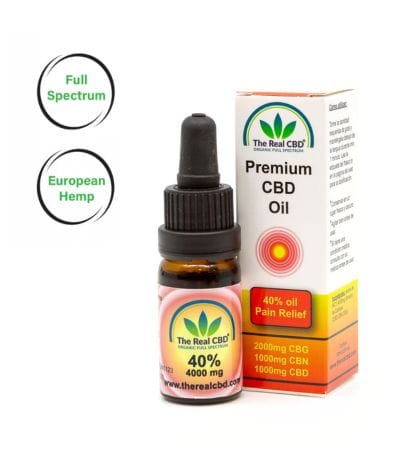 40% Pain Relief oil£153.16
40% Pain Relief oil£153.16 -
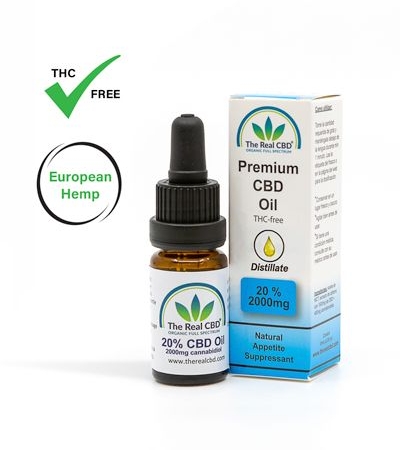 20% CBD oil – Distillate£78.72
20% CBD oil – Distillate£78.72 -
 CBD Pain Patch 20mg£47.06
CBD Pain Patch 20mg£47.06 -
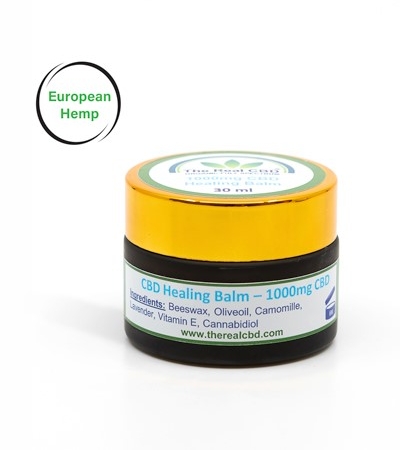 CBD Healing Balm 1000mg CBD£55.62
CBD Healing Balm 1000mg CBD£55.62 -
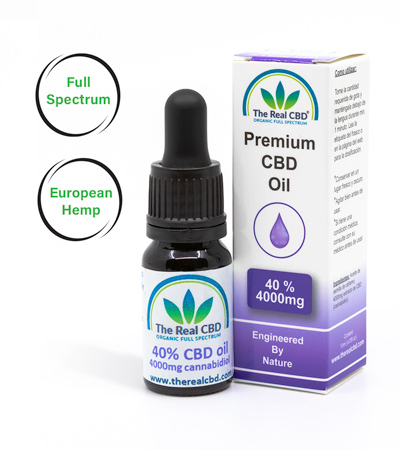 40% Raw CBD Oil£161.71
40% Raw CBD Oil£161.71 -
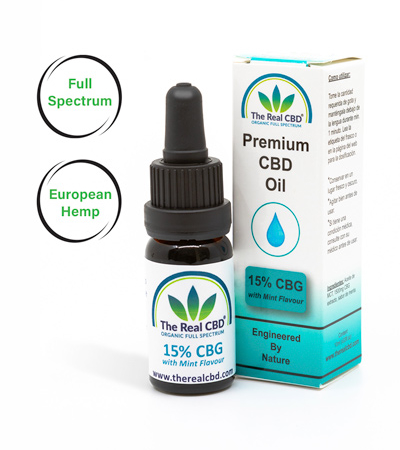 15% CBG Oil with mint taste£101.82
15% CBG Oil with mint taste£101.82 -
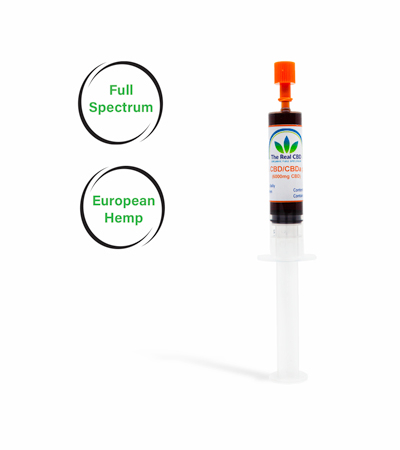 60% CBD/CBDa paste – 6000mg CBD£255.83
60% CBD/CBDa paste – 6000mg CBD£255.83 -
 CBD Massage oil£34.22
CBD Massage oil£34.22 -
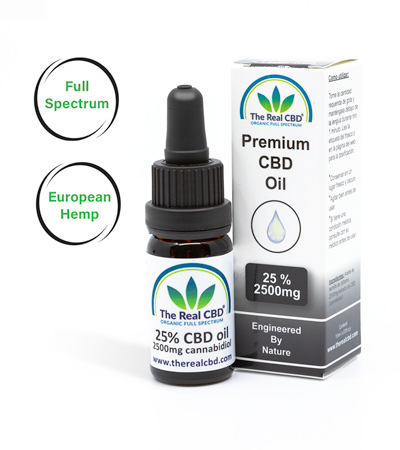 25% Pure CBD oil£118.93
25% Pure CBD oil£118.93
Thank you for reading ‘Cannabinoids CBD and THC Therapy in Cancer Care'.

I am a certified expert in Medicinal Cannabis. We are all about giving correct and trustworthy information. We know how important it is to learn about CBD and cannabis, which is why we want to be your go-to source for trustworthy information. We help you improve your health by using our knowledge and experience as a starting point.







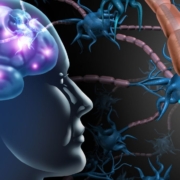






Leave a Reply
Want to join the discussion?Feel free to contribute!